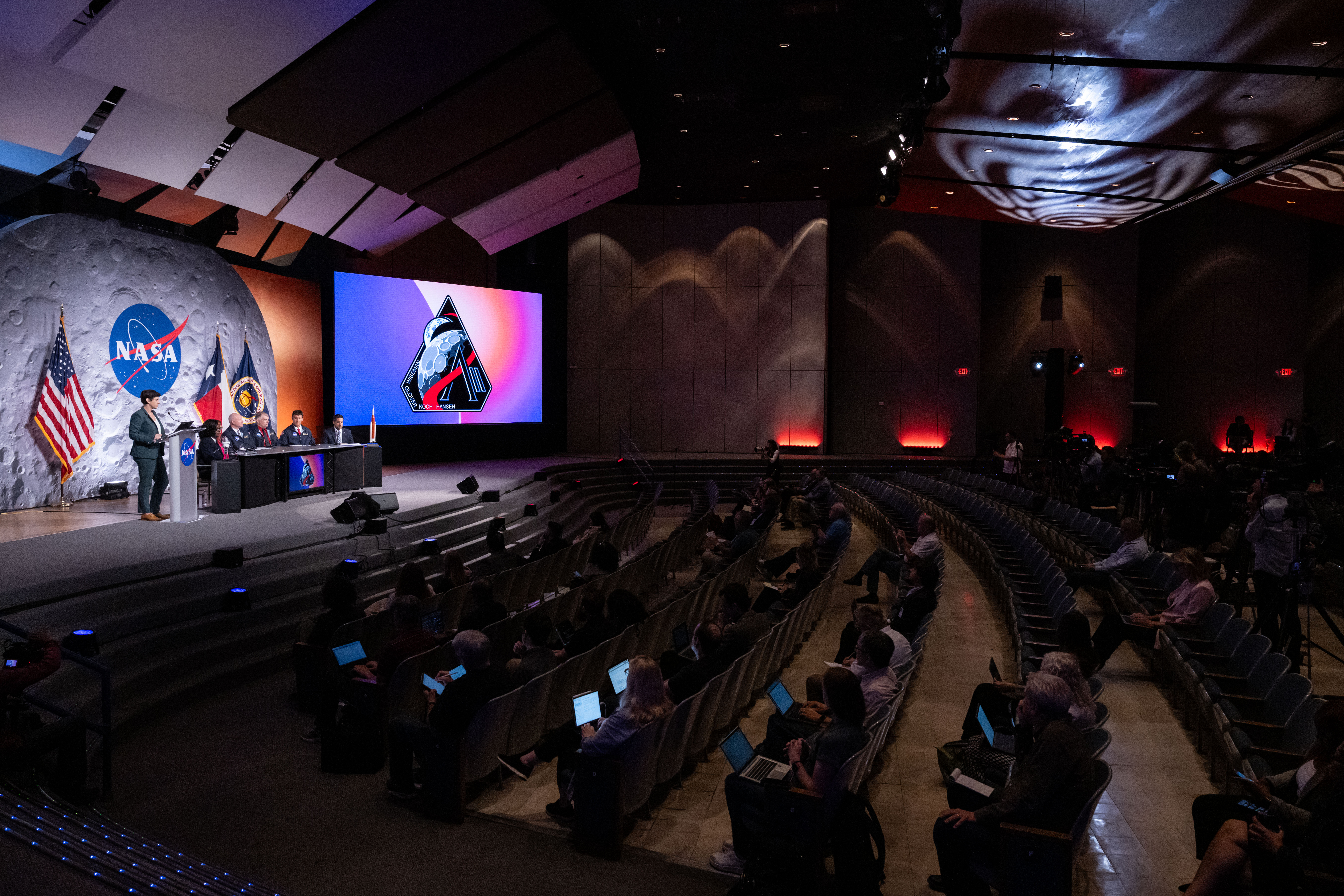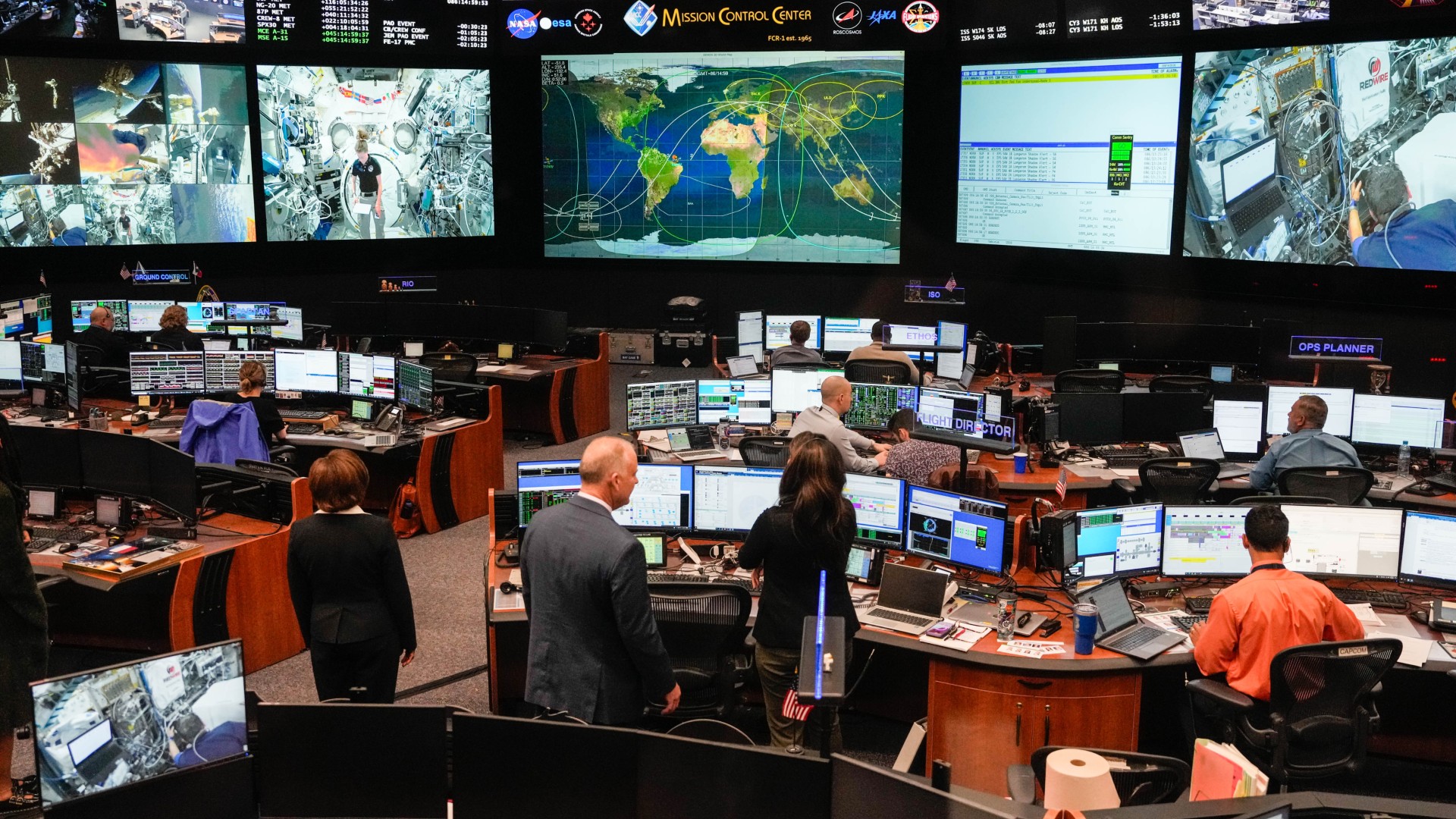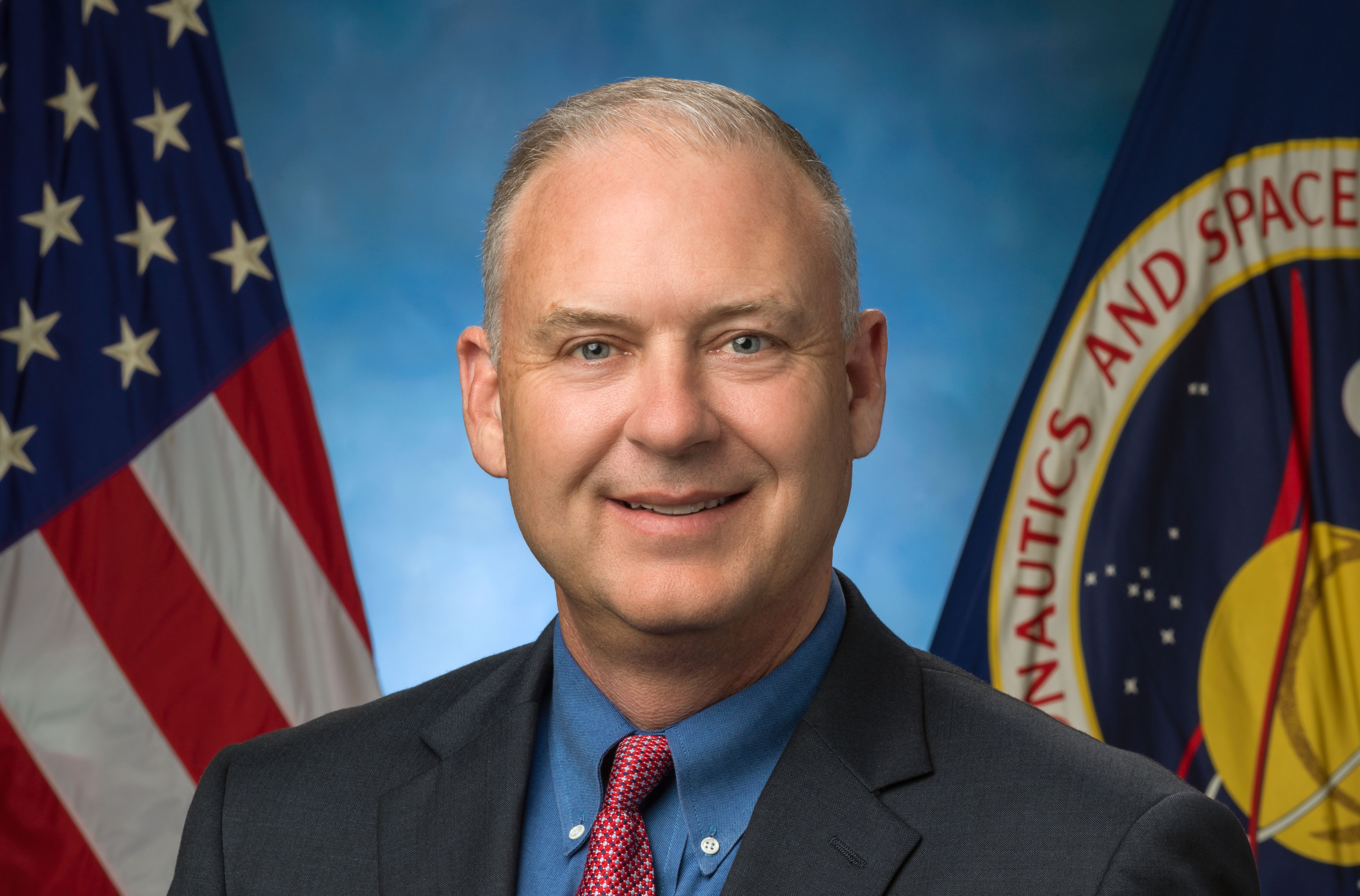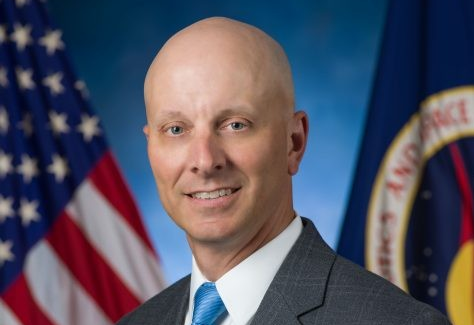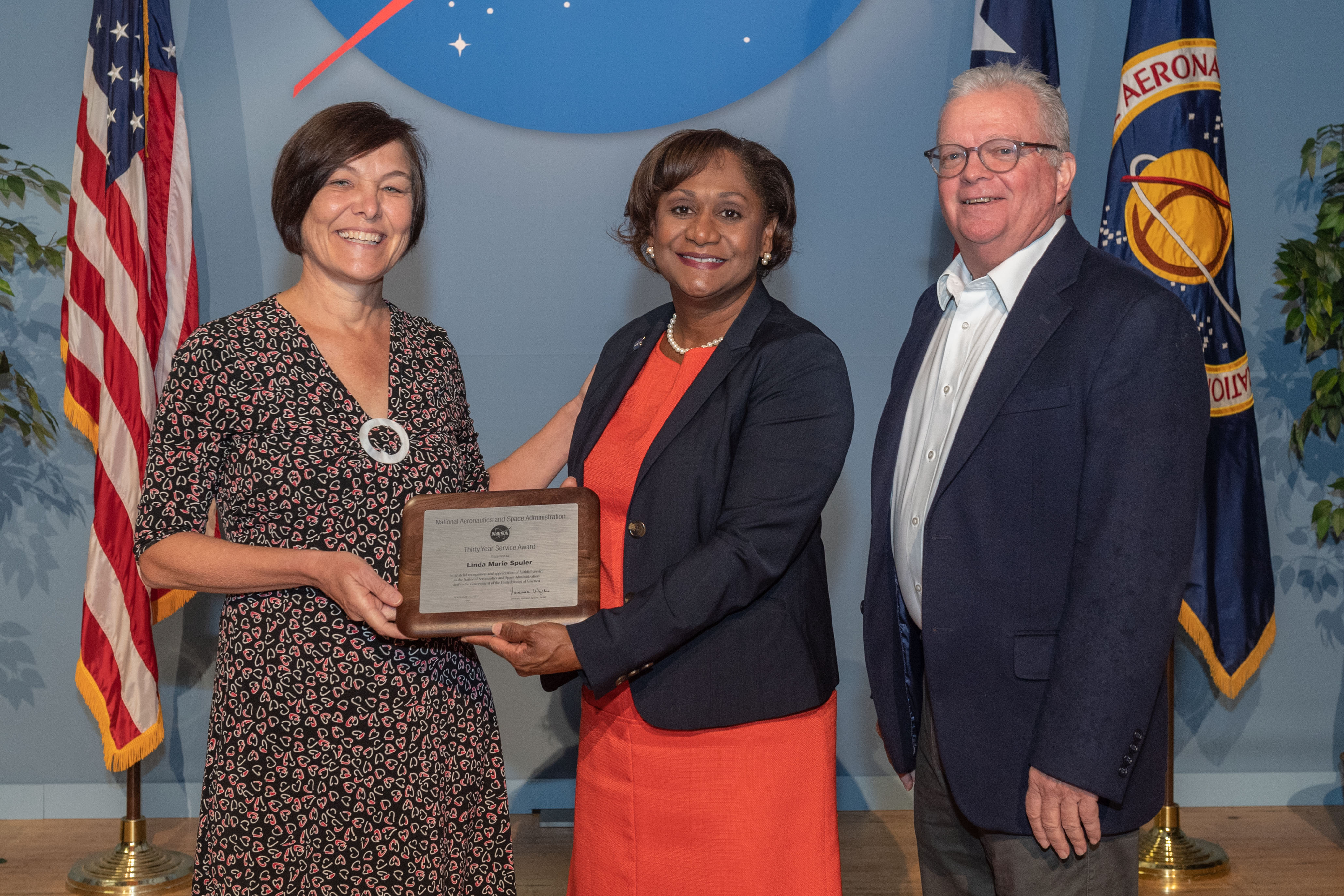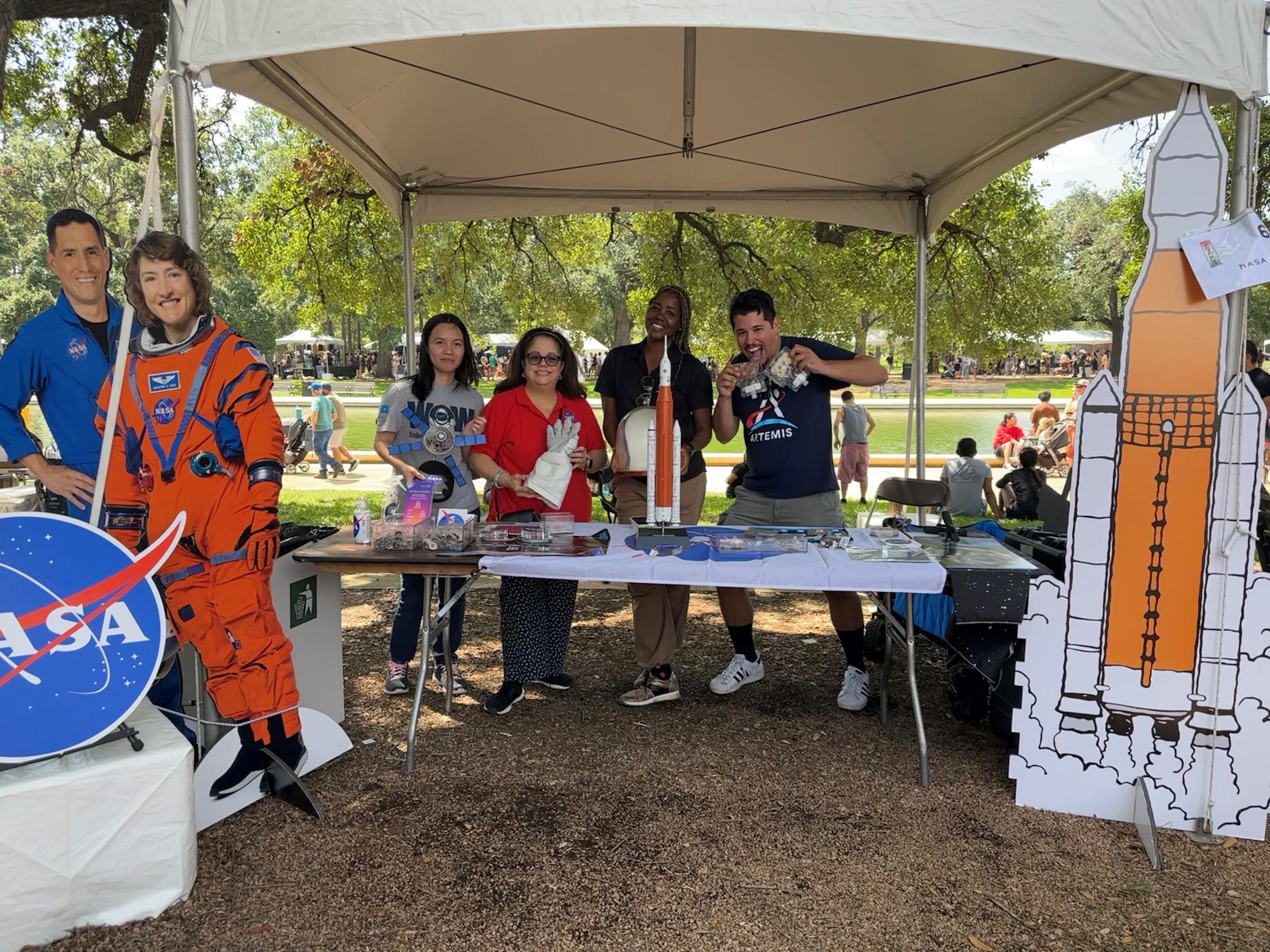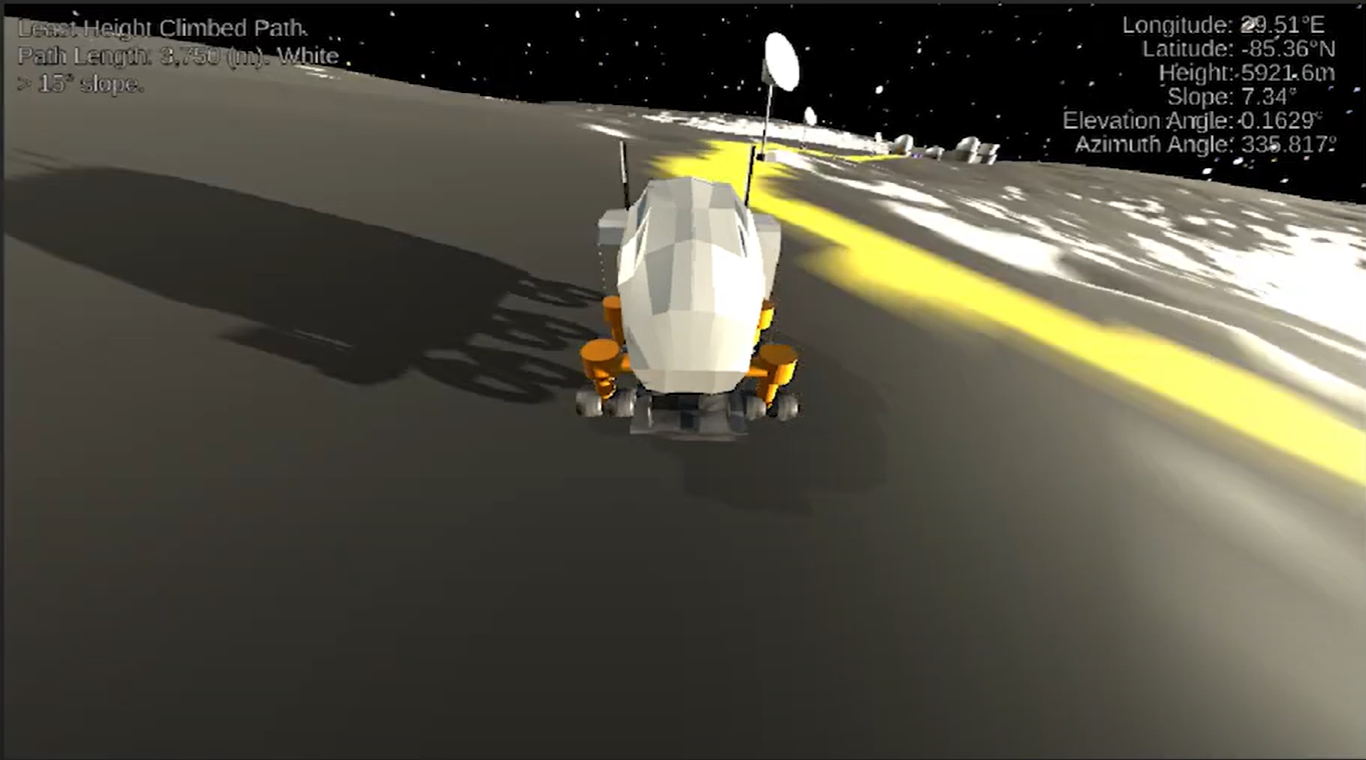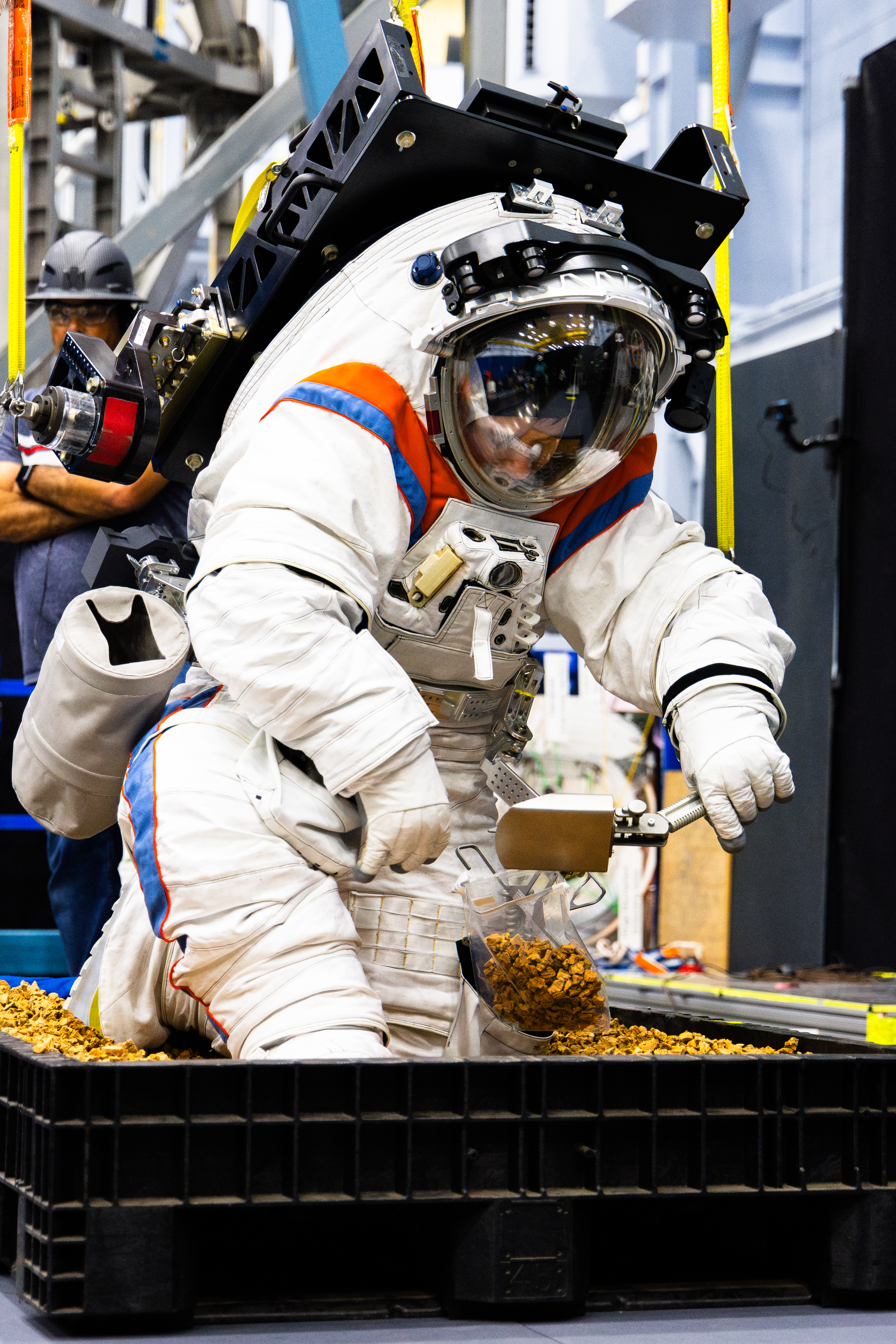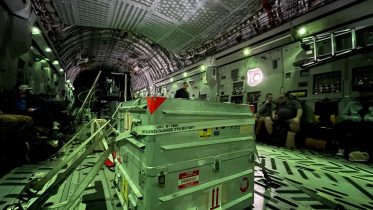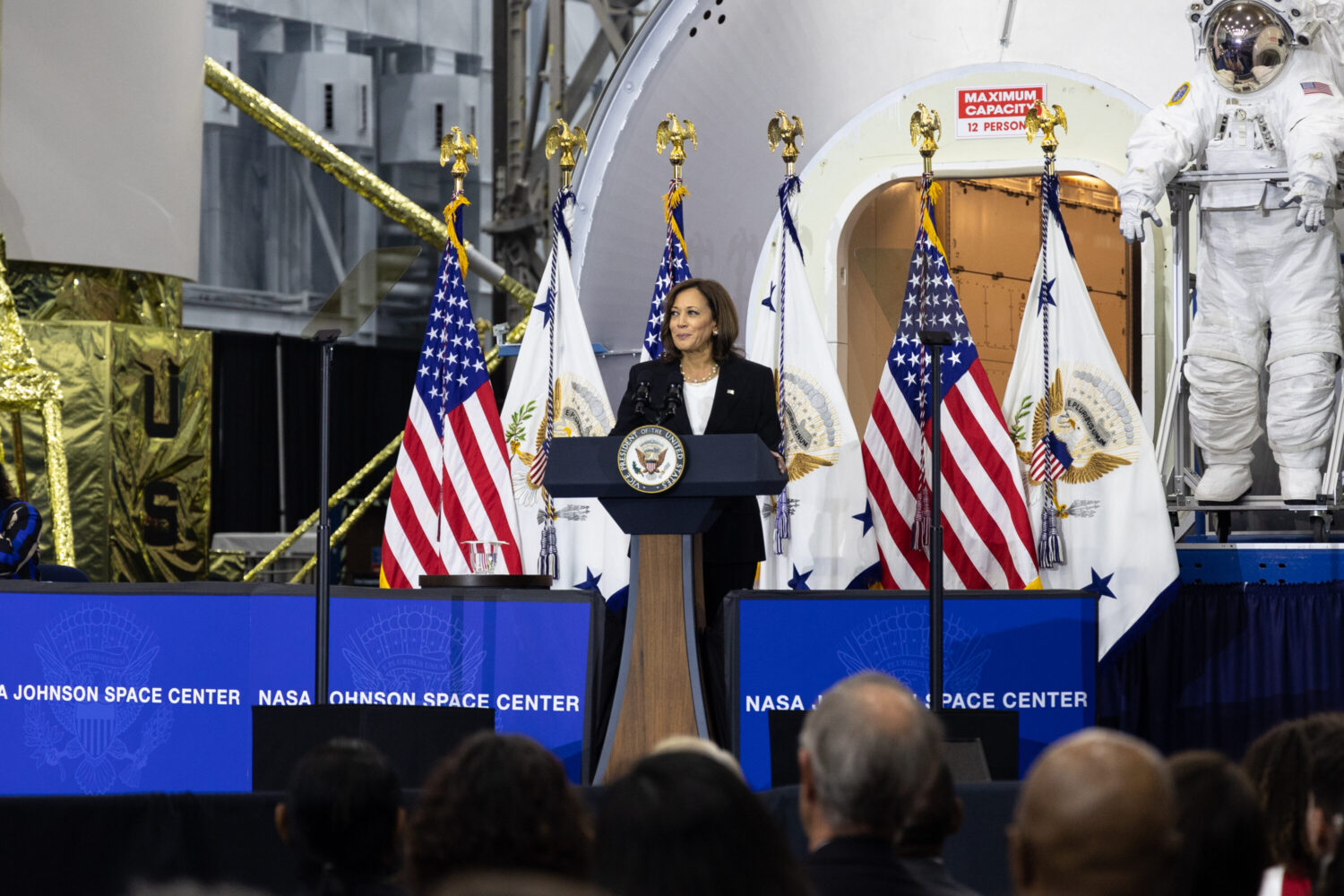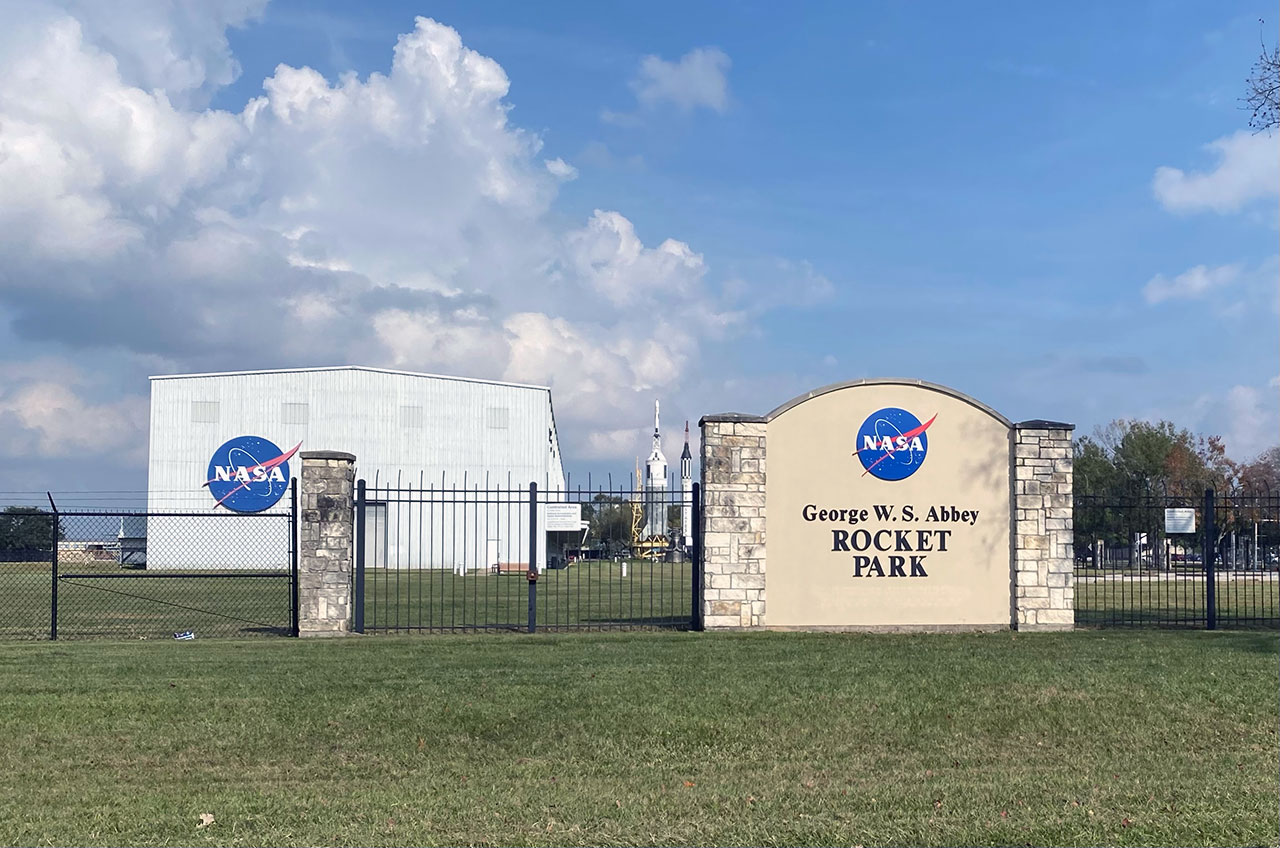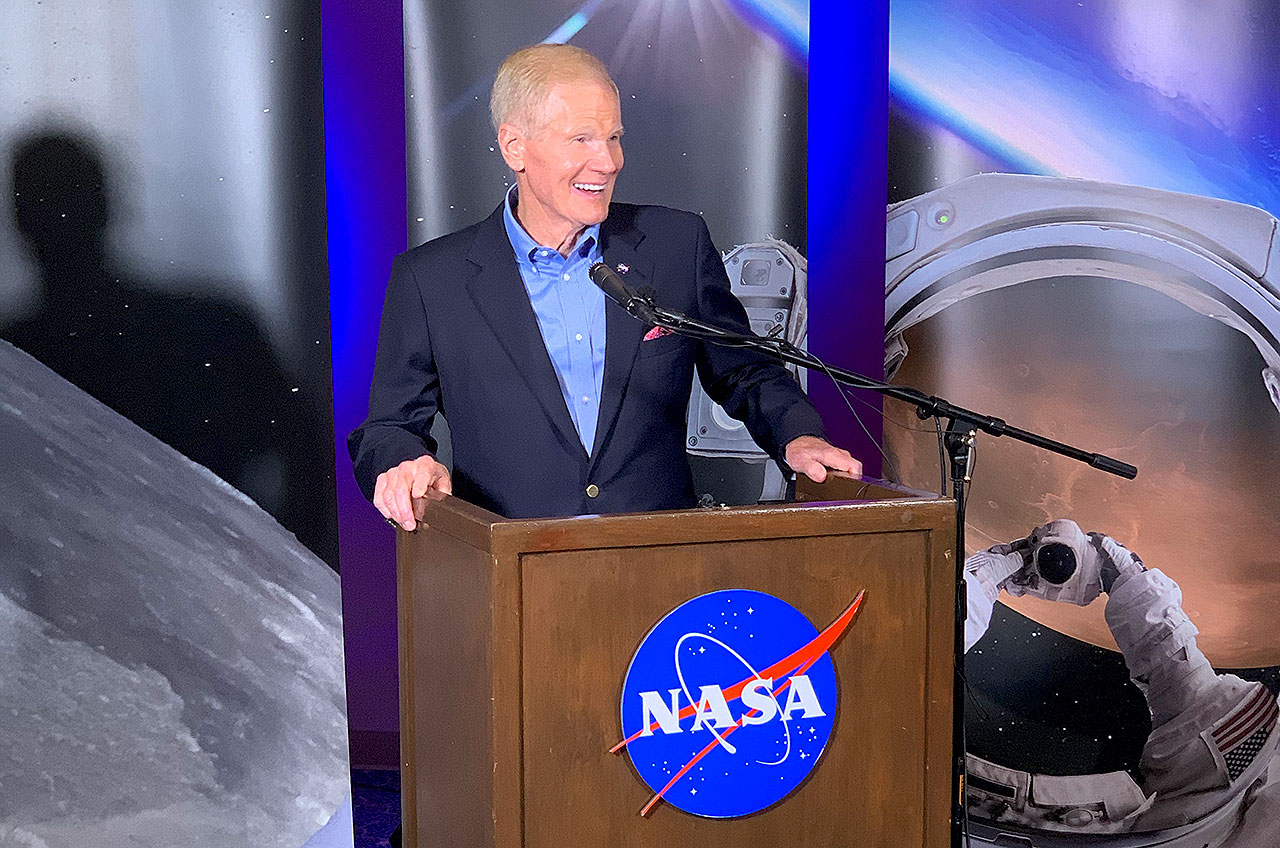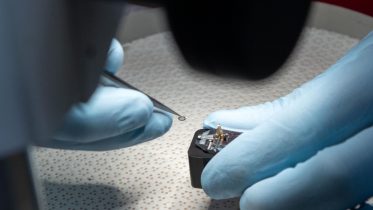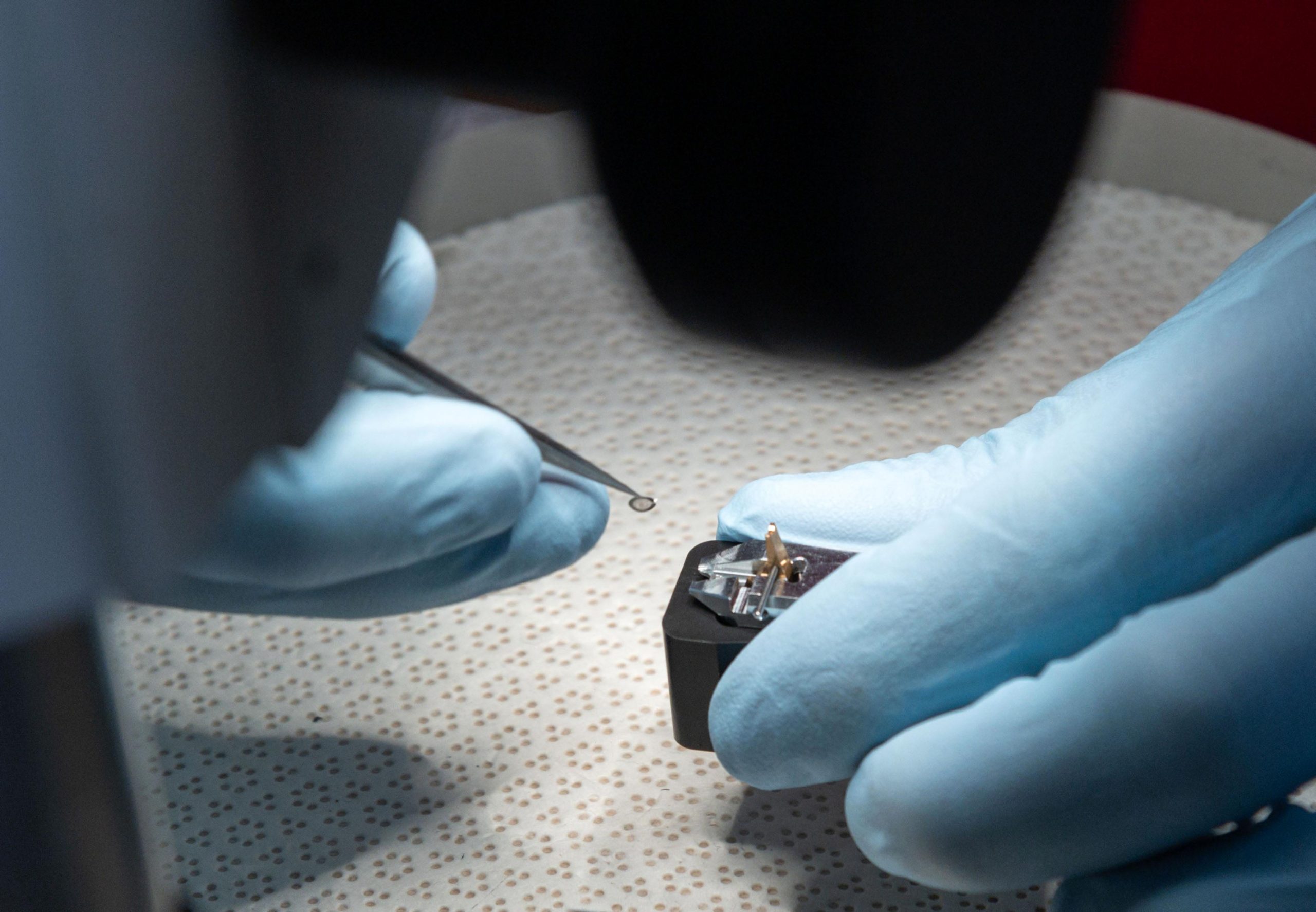
Johnson Space Center
The Lyndon B. Johnson Space Center is NASA's center for human spaceflight, where human spaceflight training, research, and flight control are conducted. It was built and leased to NASA by Joseph L. Smith & Associates, Inc. It was renamed in honor of the late US president and Texas native, Lyndon B. Johnson, by an act of the United States Senate on February 19, 1973. It consists of a complex of 100 buildings constructed on 1,620 acres in the Clear Lake Area of Houston, which acquired the official nickname "Space City" in 1967. The center is home to NASA's astronaut corps, and is responsible for training astronauts from both the US and its international partners. It houses the Christopher C. Kraft Jr. Mission Control Center, which has provided the flight control function for every NASA human spaceflight since Gemini 4. It is popularly known by its radio call signs "Mission Control" and "Houston".

